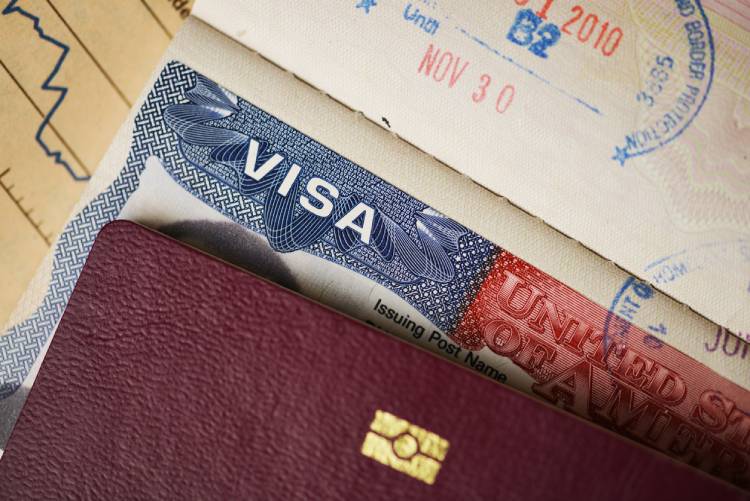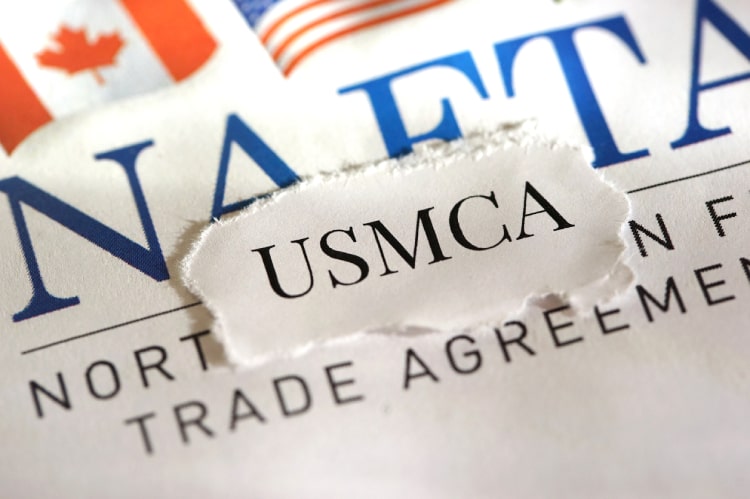Handling U.S. immigration while having a pending or approved I-130 Petition (Petition for Alien Relative) and understanding your ability to undertake temporary visits to the U.S. can be complex. However, visiting the U.S. during this period is possible, provided you carefully adhere to specific guidelines and convincingly demonstrate your non-immigrant intent. This page explains the requirements for entering the U.S. as a visitor under these unique circumstances.
1. Non-Immigrant Intent
The U.S. immigration system allows individuals to enter during an I-130 process, acknowledging the validity of temporary visits. At the heart of gaining entry approval is your ability to show non-immigrant intent—essentially proving that your trip is temporary and that you intend to return to your home country after your visit.
2. Establishing Strong Ties to Your Home Country
A crucial step in demonstrating non-immigrant intent is solidifying your ties to your home country. This involves presenting convincing evidence of connections that are significant enough to ensure your return. Such relations might be familial, economic, social, or related to your employment, and they strongly indicate your intent to go back after you visit the U.S.
3. Detailing the Temporary Nature of Your Visit
Clarifying the purpose of your visit is critical. Whether you’re coming for business meetings, family gatherings, tourism, or attending specific events, the nature of your visit must suggest a temporary stay. This helps reinforce your non-immigrant intent.
4. Collecting Documentation to Support Non-Immigrant Intent
The evidence you compile to support your claim of non-immigrant intent can significantly impact your application. While the required documentation can vary based on individual circumstances, the following items are generally helpful in strengthening your case:
- Employment Evidence: A letter from your employer detailing your position, the duration of your employment, and the reasons and length of your visit to the U.S.
- Property Ownership: Documents proving ownership of property (e.g., deeds, mortgage documents) in your home country.
- Financial Connections: Financial statements or other documents showing your economic ties.
- Family Ties: Proof of close family relationships in your home country, such as marriage or children’s birth certificates.
- Return Travel Itinerary: Evidence of round-trip travel arrangements or detailed plans for your return.
- Event Invitations: Invitations or registrations for specific events you plan to attend in the U.S.
- Membership Affiliations: Document your memberships in organizations or groups in your home country.
- Past Travel History: Records that demonstrate your history of previous visits to the U.S. and subsequent timely returns.
- Personal Statement: A letter that outlines the purpose of your visit, your intent to return, and any evidence supporting your case.
Conclusion
While a pending or approved I-130 Petition does introduce an additional layer of scrutiny to your visit, it does not automatically disqualify you from entering the U.S. for temporary visits. You can successfully navigate this process with thorough preparation and proper documentation. However, for personalized advice that takes into account your specific situation, consulting with an immigration attorney is highly recommended. Safe travels, and approach your journey with informed confidence!
We Can Help!
You may have questions regarding a U.S. Immigration Matter. We invite you to contact our team at Richards and Jurusik for detailed guidance and assistance. We aim to provide the most accurate and up-to-date information to make your immigration process smoother and less stressful. The immigration lawyers at Richards and Jurusik have decades of experience helping people to work and live in the United States. Read some of our hundreds of 5-star client reviews! Contact us today to assess your legal situation.







